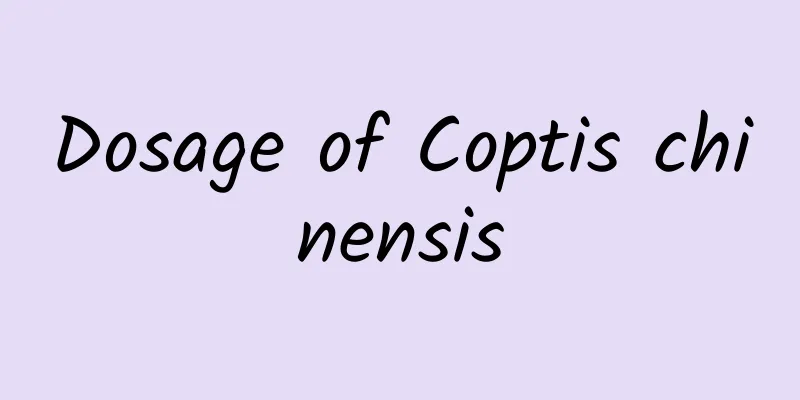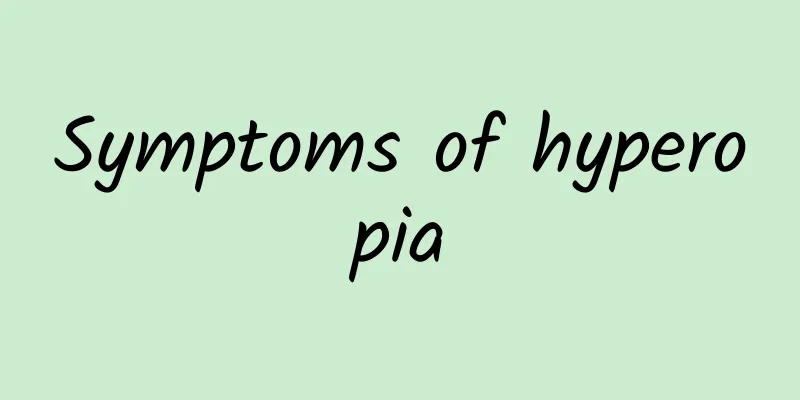What should not be eaten by people with Henoch-Schönlein purpura? These foods are taboo

|
Allergic purpura is a common skin disease with a complicated treatment process and will still recur once encountering allergens. Therefore, patients with allergic purpura must not eat allergenic foods, but can eat more protein-rich and blood-enriching foods. Allergic purpura is an immune emergency response that causes bleeding due to increased vascular permeability and fragility, which can easily affect the gastrointestinal tract, joints, and kidneys. In severe cases, it can lead to nephrotic syndrome and kidney failure, which is life-threatening. During the period of allergic purpura, you can eat more fruits, vegetables, and staple foods, but you need to avoid raw, cold, spicy and irritating foods, avoid tobacco and alcohol, avoid animal high-protein foods, and avoid foods containing preservatives. However, specific dietary taboos vary from person to person and from condition to condition, and the patient's family members need to observe closely. If eating certain foods will aggravate the condition, they need to be avoided. First of all, all kinds of allergenic foods should be avoided. Food allergy is a major cause of this disease. Foreign proteins in many foods can cause allergic purpura. These foods mainly include fish, shrimp, crab, eggs, milk, broad beans, pineapple, etc. Once a patient finds that a certain food is allergenic, he or she should not eat this food for life, and should not use cooking utensils and tableware that have come into contact with this food. In addition, patients with allergic purpura should not eat vegetables such as fresh flower buds that they have never eaten before, because it has been reported that plant pollen is also a common allergen. Secondly, patients with allergic purpura often suffer from anemia due to excessive bleeding, so they should eat more protein-rich and blood-enriching foods to supplement the body's needs. These foods mainly include lean meat, eggs, animal liver, kidney, spinach, tomatoes, kelp, seaweed, fungus, jujube and beans and their products. It is worth noting that the diet of patients with Henoch-Schonlein purpura should not only supplement with various nutritious foods, but also try to make the food lighter. Those with kidney damage should limit the intake of salt and water. |
<<: How to treat synovitis with effusion? Regulating and unblocking circulation is the key
>>: Symptoms of Non-Hodgkin's Lymphoma are these!
Recommend
What are the effects of traditional Chinese medicine health massage
Traditional Chinese medicine health massage is a ...
Can genital herpes be eradicated?
Genital herpes is a sexually transmitted disease ...
What are the benefits of shoulder and neck conditioning?
The shoulders and neck are relatively important p...
What to do if your lymph nodes are swollen due to internal heat? TCM has a folk remedy for this
Lymph nodes are important immune organs in the bo...
What are some habits that damage your kidneys?
With the progress of society, the pace of people&...
There is a pimple on the right chin
Every beauty-conscious woman will not allow any f...
Symptoms of thyroid disease
There are many kinds of common diseases. When it ...
What food to eat when you have stomach pain? Try this to relieve the pain
More and more people are suffering from stomach p...
There is a small ball of flesh inside the testicle
If you find a small lump inside the testicle, you...
How long can bottled water last after it is opened?
Water plays a very important role in our life. It...
Can the testicles be replaced?
Everyone knows that male testicles are very impor...
The efficacy of traditional Chinese medicine radish seeds
Radish seeds are the seeds of mature radish. They...
Traditional Chinese medicine's unique skill of regulating health and maintaining health - abdominal massage method that can be used by everyone
Traditional Chinese medicine believes that massag...
Can I eat pears if I have stomachache?
Pears are a common type of fruit in our lives. Pe...
What are the symptoms and warning signs of high blood lipids?
Have you ever paid attention to the symptoms and ...









